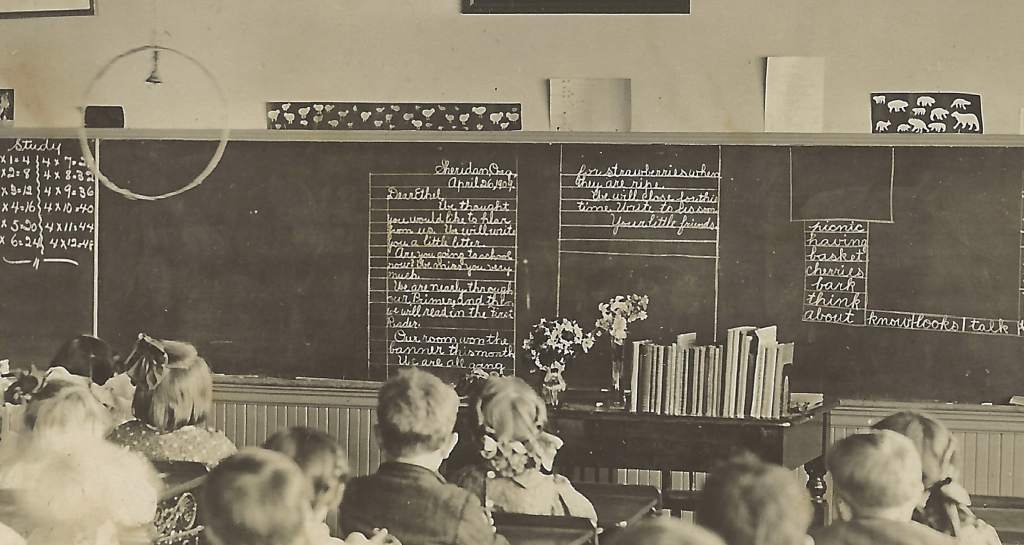 Share this!
Share this!The world is changing and so is business. These developments are reshaping the future of education. Updating teaching materials to keep them relevant for students is no longer enough, a whole new approach to education might be necessary.
We are currently experiencing fast, technology-driven social change. According to the OECD, the future will be characterised by new opportunities, as well as by new uncertainties. This represents a critical challenge for educators. With the current pace of innovation and shorter innovation cycles, new technologies will keep transforming how we live and work. In a fast-changing world, producing more of the same knowledge and skills will not suffice to address the challenges of the future.
Tomorrow’s services and products
Sharing goods and services between individuals is nothing new in itself. However, the evolution of the internet and, consequently, the development of online platforms have made sharing easier than ever. In the past decade, many companies managing such platforms have emerged on the market. A well-known example is the BlaBla Car platform, where people can book a shared trip.
Digital platforms are powerful tools for matching needs, cooperation and sharing information. By applying the democratic ownership and governance model, transparency and self-determination, cooperatives could provide a significant contribution to the ongoing discussion on advancing decent work practices in the sharing and collaborative economy.
New work profiles
The digital revolution has created new roles, new types of organisations, and even new sectors of the economy. Today, due to fast economic and social change, schools need to prepare students for jobs that do not yet exist, technologies that have not yet been invented and problems that we don’t yet know will emerge. Educators must seek versatility, making their students constantly able to adapt, but also to learn and grow. Furthermore, what is important is to train both high technical skills and soft skills to have excellent professionals.
Education & the digital transformation
Practical technical knowledge must be consolidated into many fields of education, but the OECD underlines the need to develop other skills and abilities that are crucial in the context of the digital transformation.
To prepare for the future, people should be able to think creatively, innovation comes from cooperation and collaboration with others. Moreover, we should learn to be systems thinkers by developing the capacity to reconcile diverse perspectives and to understand the needs and desires of others. Central it is also the concept of self-regulation, which involves self-control, self-efficacy, responsibility, problem solving and adaptability.
Traditionally, when a person finished school, they began their professional career without needing further schooling. This worked well at a time when industrial cycles were long. According to the founder of Blablacar Frederic Mazzella, since industrial cycles last no longer than 10 years, the training system cannot be the same and expectations change too.
Mutual learning event on the Sharing Economy
On December 4th in Brussels, AER is organising a mutual learning event on the Sharing economy. This event is organised in cooperation with Brussels Capital and Catalonia. Stakeholders from both the private and public sector will share experiences around four discussion groups and engage in mutual learning.
Discussion groups will cover the following topics:
-
Business in a world of mega-changes
How to encourage entrepreneurship, and support innovation?
-
Sky’s the limit, or is it?
Ethics, what is good, what is desirable, how to build open, inclusive & cohesive societies?
-
Towards an uberisation of public services?
The role of governments and regions specifically: from regulation, taxes and protection to collaboration
-
Education & training
Preparing tomorrow’s workforce for new business models & priorities
Contributing
Regional governments and stakeholders who would like to share their experience or pitch their company should contact AER Coordinator for Policy & Knowledge transfer Johanna Pacevicius
Photo Credit: Don Harrison on Flickr
